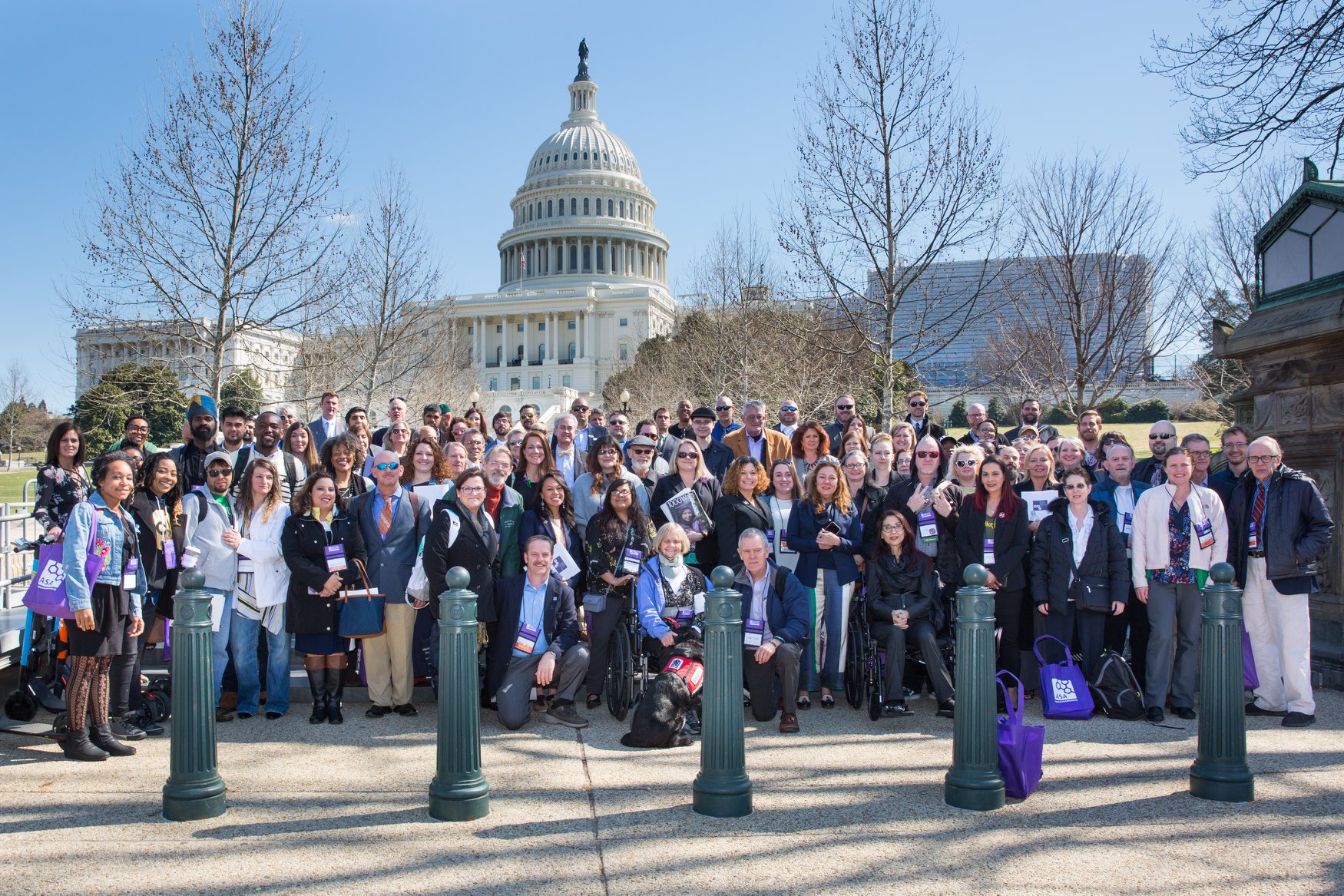State Medical Cannabis Laws Graded by Patient Advocates in New Report from Americans for Safe Access (ASA)
Americans for Safe Access (ASA) has been working for the medical cannabis community and has been a huge voice in the cannabis movement overall for 20 years, which is something we should all be so grateful for. ASA focuses specifically on access to medical cannabis for therapeutic and research purposes, and on the whole medical marijuana patient experience.
Just last week, ASA released their annual report that essentially grades different U.S. states on their medical cannabis programs. Perhaps one of the most exciting statistics they mentioned in their press briefing for me was the fact that when ASA first started doing these reports in 2014, there were only 14 states that they graded. In this newly published report from 2022, they graded a whopping 55 states/territories…wow!! However, no state was given an A, and the grading was done on a curve.
The overall winner for ASA in 2022? Maryland with a B-. States were not given bonuses this year as they have been in the past and instead they were given penalties for poor policies and/or patient experience. There was a 46.16{8ddac68604e32d7f56d681d2010450ccff26ab27a6170b7c50c86645d71a668c} average grade for the states and territories they reviewed.
ASA stated that they are not opposed to adult use, but their priority is to make sure that patients are prioritized and given best access. They have noticed that, often, states prioritize adult use programs and not the actual medical cannabis patients. It was also mentioned that in many states its “as if patients don’t exist any more” and are all just lumped in with adult use consumers.
You can watch the entire webinar and press briefing here:
Americans for Safe Access 2022 Annual Report
Americans for Safe Access (ASA) titled the annual report, “2022 State of the States Report: An Analysis of Medical Cannabis Access in the United States.”
The report evaluates the effectiveness of each state cannabis program from a patient perspective and assigns a grade using a rubric that reflects the key issues affecting patient access, broken down into more than 100 categories, including: barriers to access, civil protections, affordability, health and social equity, and product safety. The report also assigns penalties for harmful policies. ASA distributes the report to state legislators and regulators in every state, as well as hundreds of health and patient organization across the country.
Despite an increase in registered patient numbers and states with medical cannabis programs, the report highlights the fact that states are still falling short in creating programs that fulfill the needs of all patients– as mentioned, the average grade among states was only 46.16{8ddac68604e32d7f56d681d2010450ccff26ab27a6170b7c50c86645d71a668c} with Maryland earning the highest score of 75.71{8ddac68604e32d7f56d681d2010450ccff26ab27a6170b7c50c86645d71a668c}. The report also highlights new issues facing patients including a decline in legislative improvements to state medical cannabis programs and the negative impacts recreational adult-use laws are having on medical cannabis access.
The report also offers solutions to improve state programs including legislative and regulatory language. Since the first edition in 2014, advocates and state legislators have utilized ASA’ report to pass new legislation and regulations to improve medical cannabis access. This year’s report offers policymakers a Medical Cannabis Equity Checklist with legislative improvements for states with recreational adult-use programs or those considering adopting such programs, to ensure patient access is not harmed.
“ASA’s State of the States report provides valuable information to policymakers and regulators on key issues affecting patient access to medical cannabis,’ said Will Tilburg, Executive Director, Maryland Medical Cannabis Commission. “As Maryland develops a framework for adult-use cannabis, the medical cannabis equity checklist in particular helps inform policy decisions to ensure that patients and access to medical cannabis remain a central focus.”
ASA recognizes that state policymakers and regulators have been tasked with creating the infrastructure for a supply chain that remains illegal at the federal level and are now addressing a new health concern of the seemingly federally legal, unregulated cannabinoid market. In 2022 alone, 99 pieces of legislation were introduced regarding the unregulated cannabinoid market. The State of the States report calls on state legislatures to join patient advocates in calling on Congress to pass comprehensive federal legislation, and offers steps to do so in the “State’s Government’s Role in Ending Federal Prohibition” section.
“In creating this report, it was made clear of the burden that would be lifted off states if the federal government passed comprehensive medical cannabis federal legislation,” said Debbie Churgai, Executive Director of Americans for Safe Access. “It is ASA’s hope that the report will inspire a renewed commitment in state policymakers to work with ASA and our advocates to not only improve state laws for patients, but to end the federal prohibition on cannabis once and for all.”
About Americans for Safe Access
ASA is the largest national organization of patients, medical cannabis providers, medical professionals, scientists and concerned citizens promoting safe and legal access to cannabis for therapeutic use and research with over 150,000 active members in all 50 states. Since its inception, ASA has successfully shifted the national debate around medical cannabis, which has focused solely on the legality and ethics of arresting and prosecuting patients for cannabis use, to include the real concerns of patients, such as access and civil protections. ASA has worked with lawmakers across the country to adopt and improve medical cannabis legislation and regulatory policy as well as representing patients on Capitol Hill.



